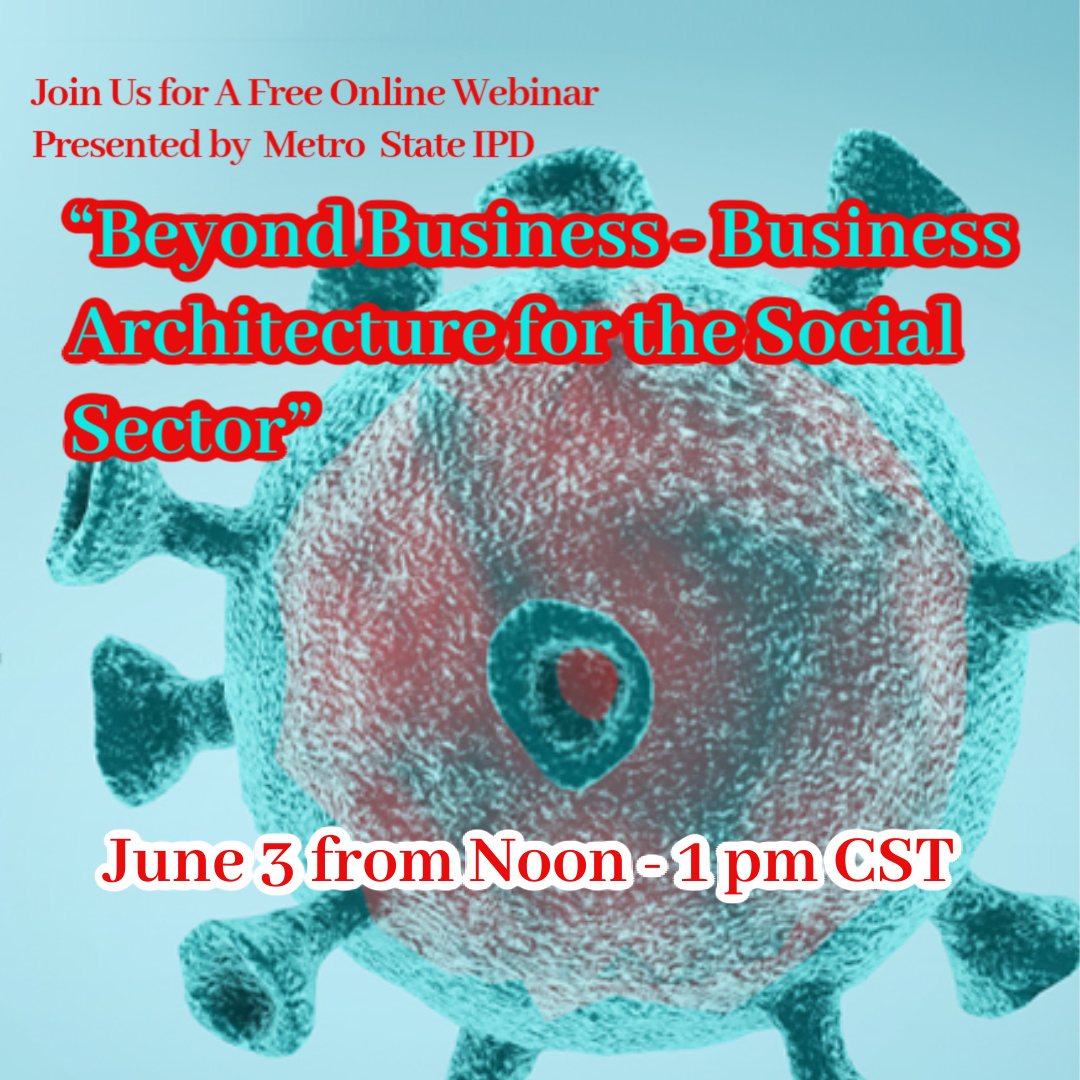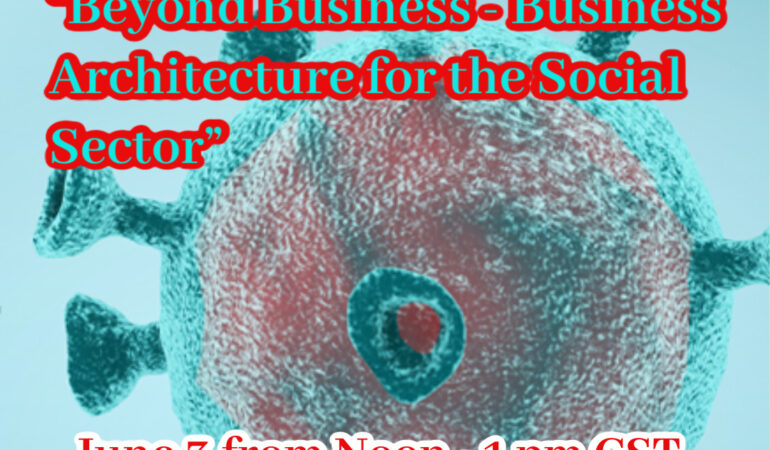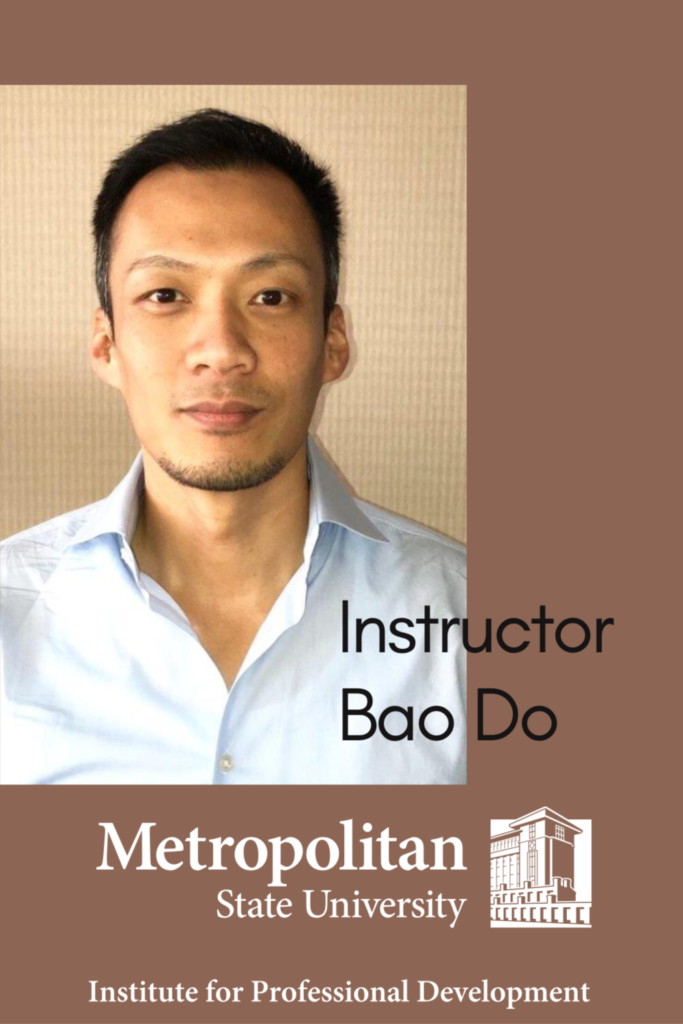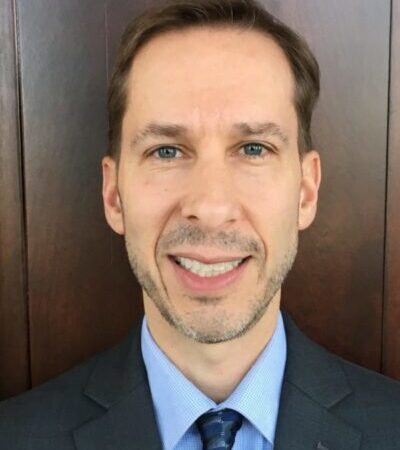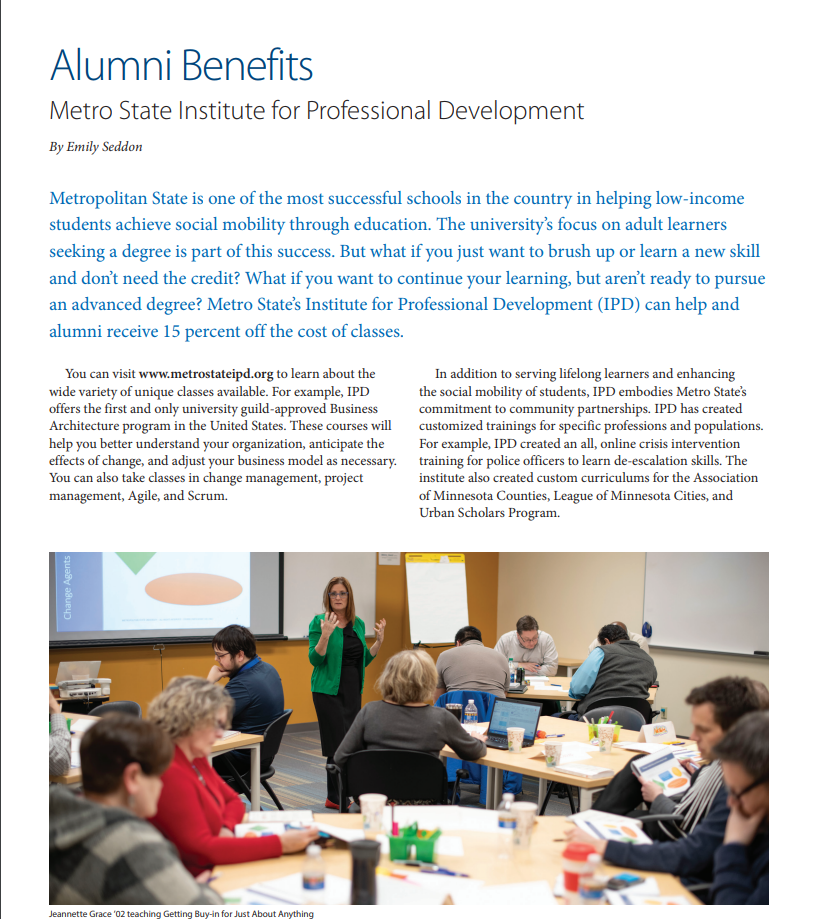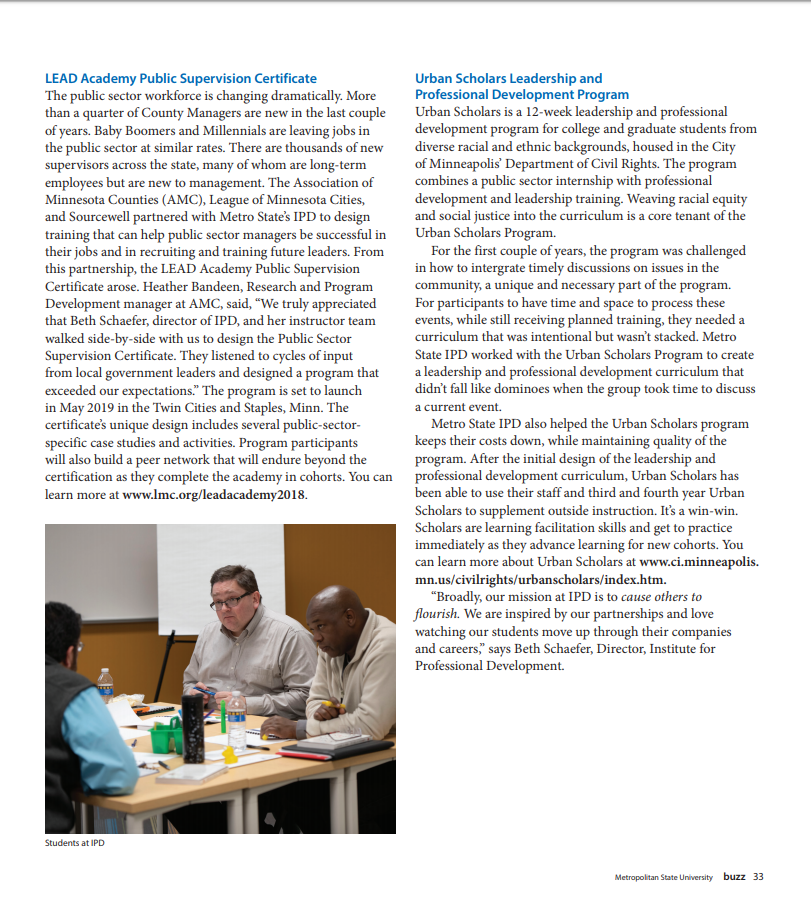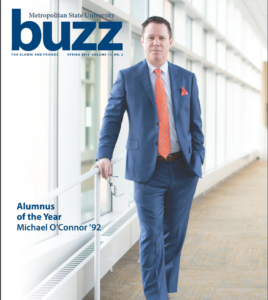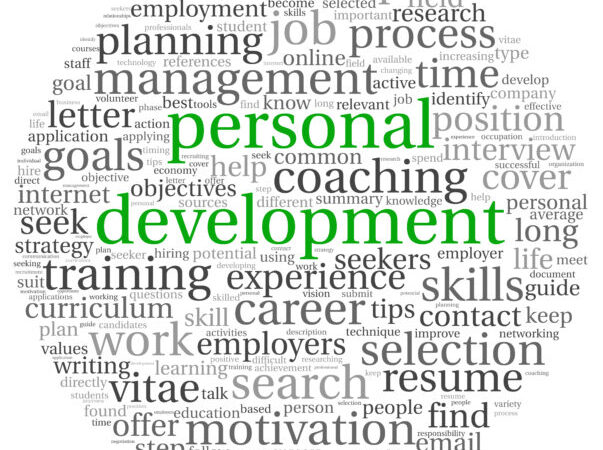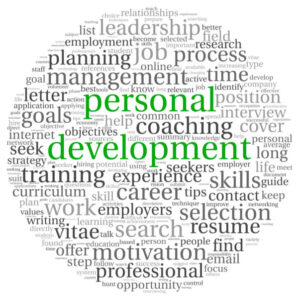Is Pocket Agile a Thing, or Did I Just Invent It?
Or – Is it OK to be Agile Lite?
By: Beth Schaefer Director, Institute for Professional Development
I hesitate to say that I am practicing Agile because I have not been formally trained in Agile. And, I work in higher education – an industry not known for being quick to change.
So instead, I say that I am making iterative changes – much less official – no standardized rules or manifestos to follow if one is just growing and improving in an iterative fashion.
However, when I look at my project list, I have lots of opportunities to be Agile:
- Changing a classroom experience in business architecture into a virtual experience
- Working with IT professionals to determine my university’s role in recruiting and retaining a talented pool of IT workers for Minnesota
- Partnering with clients to design effective training experiences
Of course, like the rest of you, Agile is on my radar these days – and as it moves out of IT and software development to infiltrate other parts of organizations*, my interest grows.
So, what are my next actions steps to become officially Agile?
Step 1: Get over the idea that Agile is only for software development.
Over the next few months, I will focus my blogs on how Agile is being used in:
-
- HR
- Marketing
- Designing Office Space
- Business Office Efficiencies
Step 2: See how the Agile Manifesto can apply to education and training.
Applying the Manifesto outside software development may label me Agile Lite, but I will do it anyway. I will post it once I have it completed.
Step 3: Take a class to learn more about Agile and its methodologies.
My department has 5 project instructors with expertise in Agile and Scrum and all with their own opinions. They will provide information for me to choose the path that works best for my department and eventually (hopefully) my organization.
Step 4: Innovate and improve – iteratively.
For now, I need to move iteratively. I have recently moved to being OK with iterative change rather than “flip the switch” change, so we will start pockets of Agile and continue to research if “Pocket Agile” can work in a non-Agile organization. Yes – more future blogs
* Here are some articles on using Agile across organizations – both pros and cons.
An Operating Model for Company-wide Agile Development from McKinsey&Company by Santiago Comella-Dorda, Swati Lohiya, and Gerard Speksnijder
While this blog is to sell their product, it does provide some good talking points that may be useful for describing the Agile maturity of your own organization. In addition, there is a handy chart that illustrates differences in structures, interactions, roles, and budgeting between traditional organizations and agile ones.
Can Big Organizations Be Agile? From Forbes by Steve Denning
Steve says “yes.” And, not only Agile but entrepreneurial. He shares examples of where it is happening, including Ericsson, Spotify, Barclays, and Microsoft – including lessons learned by our own CH Robinson’s Agile transformation.
Bring Agile to the Whole Organization. From Harvard Business Review by Jeff Gothelf
Jeff starts by stating that we are all in the software business now. He provides some examples of HR and finance can change their structure to support Agile entrepreneurial employees.
Embracing Agile from Harvard Business Review by Darrell K. Rigby, Jeff Sutherland, and Hirotaka Takeuchi
This team of writers makes an argument for training executives to understand Agile to move agile out of pockets and spread across organizations.
Agile training for executives from Institute of Development at Metro State
